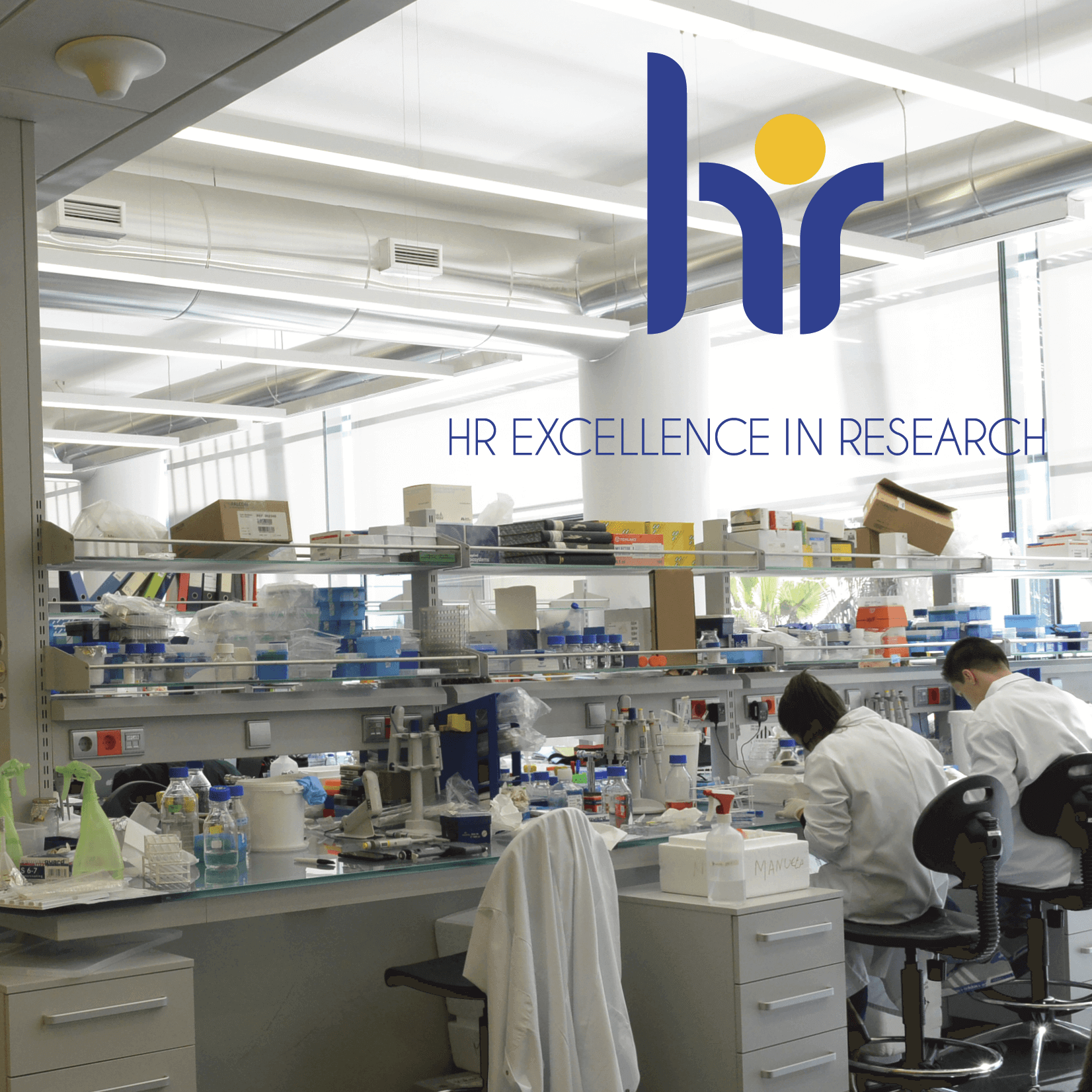27 February 2025
Each year, the European Association for the Study of Obesity (EASO) and the Novo Nordisk Foundation, honours exceptional research contributions that enhance our understanding of obesity, its causes, complications, prevention, and management.
21 Feb. 2025
Post-Doctoral Fellow in Pancreatic Cancer Research – Cancer Genome and Evolution Laboratory

Application Starts: 21 Feb. 2025
We are seeking a highly motivated and skilled Post-Doctoral Fellow to join our dynamic research team at the Botton-Champalimaud Pancreatic Cancer Centre.
This prestigious center is dedicated to advancing pancreatic cancer research and treatment through innovative approaches and multidisciplinary collaboration. The successful candidate will contribute to cutting-edge research aimed at understanding the molecular mechanisms of pancreatic cancer progression and developing novel therapeutic strategies.

